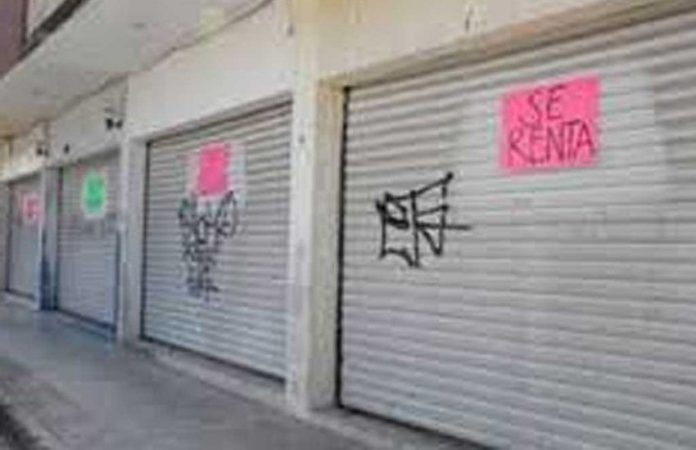No one is immune from extortion in Acapulco.
Taxi drivers, beer vendors, hammock peddlers, masseurs and banana boat operators are all among those targeted by criminal gangs in the resort city on Guerrero’s Pacific coast.
Refusal to pay the extortion fees known as derecho de piso or protección is at one’s own peril. Death could be the consequence.
According to a report published today by the newspaper Milenio, criminal organizations in Acapulco are currently using two main modus operandi to collect extortion payments.
One involves targets being given written messages demanding that regular payments be made at an Oxxo convenience store to a specified account.
Victims are instructed to send their payment receipts via the WhatsApp messaging application to a supplied number.
The other method in favor is express kidnapping: targets are abducted and immediate ransoms are demanded, often by the victim being forced to withdraw money at an ATM.
The Independent Cartel of Acapulco, the criminal group known as La Barredora — a splinter group of the Pacific Cartel — and the Beltrán Leyva cartel all use the papelito (slip of paper) method, Milenio said.
The amounts they demand vary but nobody is exempt.
Milenio confirmed cases in which a masseuse who charges 150 pesos (US $8) per massage makes a weekly payment of 400 pesos (US $21); a man selling mangos on the beach pays 150 pesos; a hammock and bag vendor, 200 pesos; aquatic tourism operators, 300 pesos; beach restaurants, 500 pesos.
“Here, we’re all included, they come and ask us for the famous weekly payment. We don’t earn much because there are no customers but we still have to find money to give to those men. You see, there have been a lot of deaths around here,” said Carmen, a masseuse who works on the city’s beaches.
In the center of the city, the situation is the same for hundreds more.
A woman who sells chilate, a traditional Guerrero beverage made out of cocoa, rice, cinnamon and sugar, always makes her weekly extortion payment on time out of fear of what could happen to her if she failed to do so.
“It’s a crisis, the situation is very difficult,” said another vendor identified only as Gloria.
“We’re forced to give them a fee because if we don’t, we have problems. We have families to take care of and this is our only source of work . . . Every day we come out [to work] asking God to protect us and for this to end.”
According to the National Public Security System, there were 61 official complaints about extortion in the first eight months of this year, a 30% increase on the same period last year.
However, the number of cases that go unreported due to fear of reprisals is undoubtedly much higher.
Roberto Jacinto, president of the Acapulco branch of the National Chamber of Commerce (Canaco), said that 300 of 2,000 members have closed their businesses this year due to extortion.
His counterpart at the Mexican Employers Federation (Coparmex) said that 20 members of that organization who owned small and medium-sized businesses have shut their doors for the same reason, leaving 700 people out of work.
Extortion has also devastated the taxi industry, with 80 stands disappearing in recent years.
Rogelio Hernández, president of a local transportation association, said that not only are taxi drivers and other public transportation workers susceptible to extortion they are also highly vulnerable to violence if they refuse to cooperate.
“. . . [criminals] get in as passengers, kill [drivers] and leave a message on a sign [to warn other drivers]. We ask the authorities to stop this without excuses,” he said.
Source: Milenio (sp)
